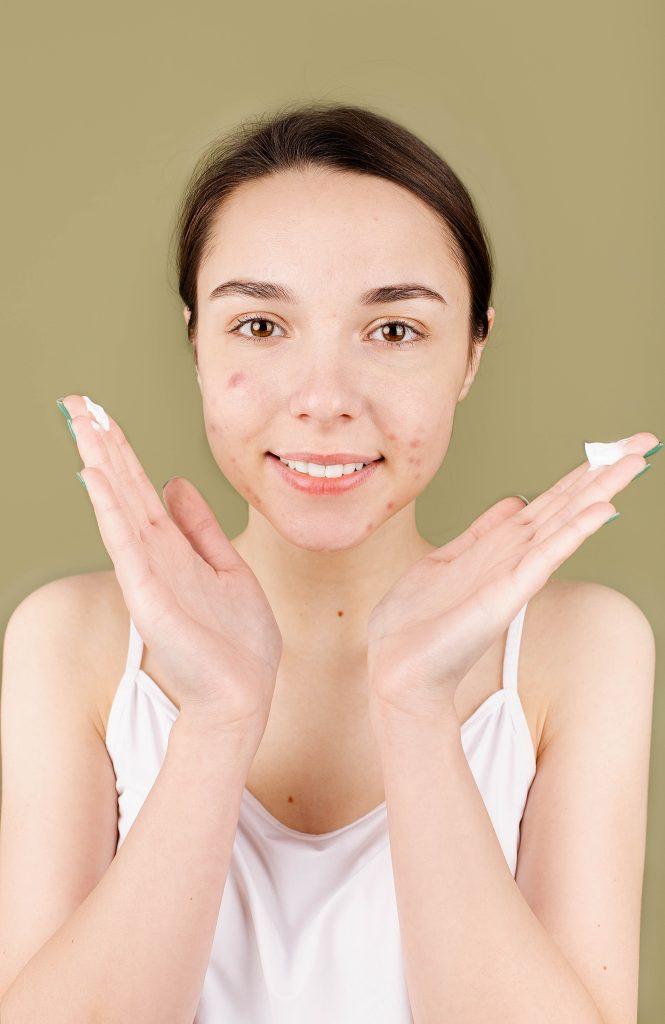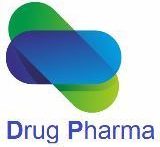Acne is a common skin condition that affects people of all ages, but hormonal acne is a specific type of acne that is caused by hormonal fluctuations. Hormonal acne is more common in women than men, and it typically appears on the chin, jawline, and lower cheeks.

What causes hormonal acne?
Hormonal acne is caused by an increase in androgen hormones, such as testosterone. These hormones stimulate the sebaceous glands in the skin, causing them to produce more oil. When excess oil combines with dead skin cells and bacteria, it can clog pores and lead to acne (1).
Hormonal fluctuations can also trigger acne, such as during puberty, pregnancy, and menopause. Women may also experience hormonal acne during their menstrual cycle, as hormone levels fluctuate throughout the month.
Symptoms of hormonal acne
Hormonal acne typically appears as deep, cystic pimples that are painful and difficult to treat. Unlike regular acne, hormonal acne may not respond well to over-the-counter treatments and may require prescription medications (2).
Hormonal acne may also be accompanied by other symptoms, such as:
- Irregular menstrual periods
- Excess facial or body hair
- Mood swings
- Fatigue
How to treat hormonal acne
If you are experiencing hormonal acne, there are several treatment options available. Your dermatologist may recommend one or more of the following treatments:
- Oral contraceptives: Birth control pills that contain estrogen and progesterone can help regulate hormone levels and reduce acne (3).
- Spironolactone: This medication is a diuretic that also blocks androgen hormones, reducing acne in some women.
- Topical retinoids: These medications are derived from vitamin A and can help unclog pores and reduce inflammation.
- Antibiotics: Oral or topical antibiotics may be prescribed to reduce bacteria and inflammation associated with acne.
- Isotretinoin: This medication is a powerful oral medication that can effectively treat severe acne, but it is reserved for cases that do not respond to other treatments (4).
In addition to medication, there are several lifestyle changes that can help reduce hormonal acne, such as:
- Eating a balanced diet that includes plenty of fruits, vegetables, and lean protein
- Avoiding foods that trigger acne, such as dairy and processed foods
- Keeping skin clean and avoiding touching the face
- Managing stress through relaxation techniques, such as meditation or yoga
Conclusion
In conclusion, hormonal acne is a specific type of acne that is caused by hormonal fluctuations. It is more common in women than men and typically appears on the chin, jawline, and lower cheeks. If you are experiencing hormonal acne, there are several treatment options available, including medication and lifestyle changes. Talk to your dermatologist to determine the best course of treatment for your individual needs.
References
https://www.healthline.com/health/beauty-skin-care/hormonal-acne
